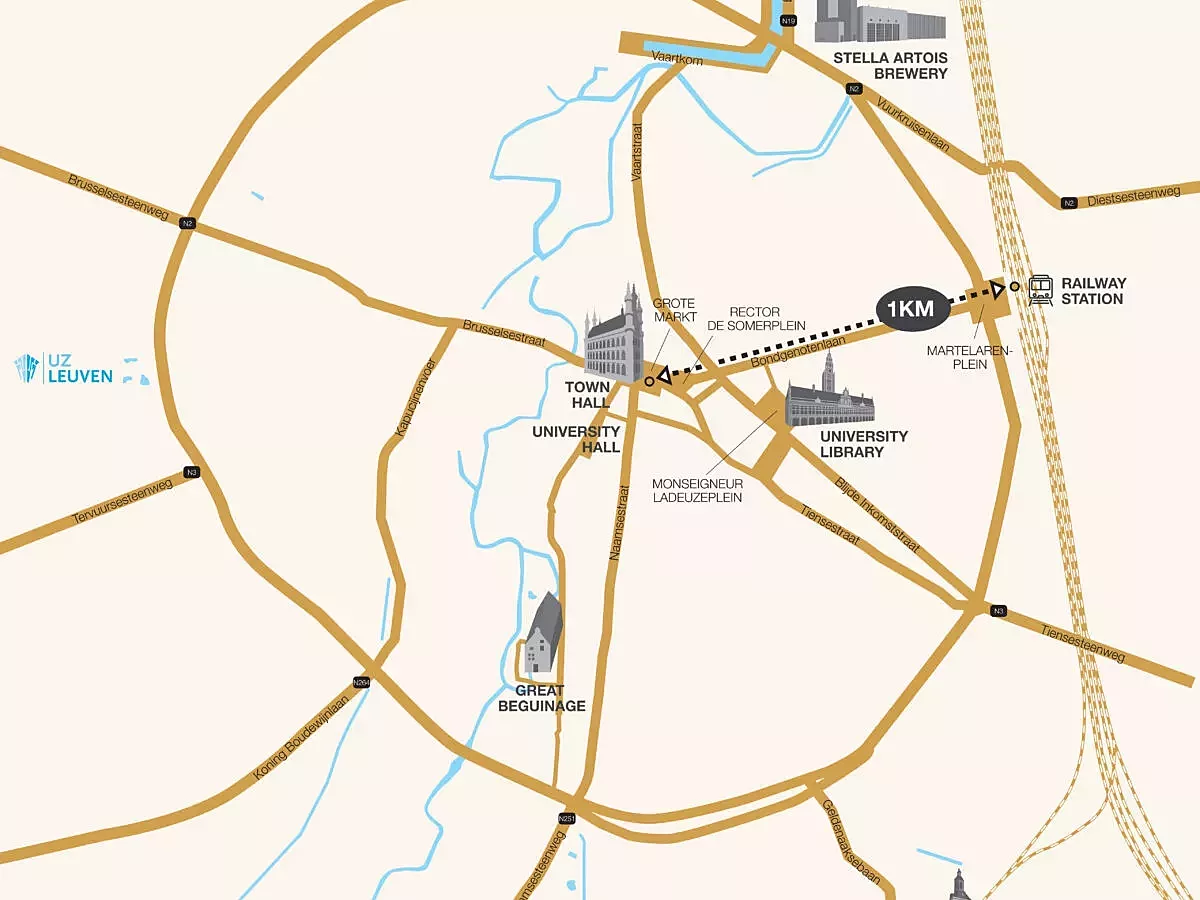Leuven: A beacon of sustainable mobility hosts POLIS Conference
Leuven, a city that breathes sustainability, takes center stage this week as the host city for the annual POLIS conference. The conference provides cities and regions with the opportunity to showcase their transportation achievements to a diverse audience of mobility experts, professionals, and policymakers. The agenda spans a wide range of topics, including smart city logistics, dynamic traffic management, public transportation, parking policies, and bike mobility.

Leuven's selection as the host city is no coincidence.
The city has embraced sustainability, particularly in the realm of mobility. With an ambitious traffic circulation plan and efficient shared mobility services at over 40 mobility hubs, the bicycle usage in the city center has risen from 34% to an impressive 48%.
Furthermore, Leuven's central location makes it an ideal venue for a conference focused on sustainable mobility.
Everywhere in Europe, cities - large and small - are reallocating their public spaces. Leuven has become a frontrunner in recent years, driven by the necessity to keep our ever-growing city accessible in the future.
- Tim Asperges, mobility advisor for the city of Leuven

Leuven's initiatives have attracted significant international interest. In 2016, the city implemented an extensive traffic circulation plan, making the city center car-light and emphasizing the reallocation of public space for various modes of transportation. These efforts align with Leuven's goal to become a climate-neutral city by 2030.
"As a result of these changes, Leuven has become more attractive, and we see it in the increasing number of visitors." Tim Asperges adds.

One key aspect of Leuven's success is the installation of Hoppinpunten, mobility hubs facilitating shared mobility services. These hubs offer alternatives to private car ownership, reducing on-street parking pressure. The low car ownership rates in Leuven reflect the city's embrace of shared mobility, where residents can easily access shared bikes, cars, or cargo bikes.

Leuven's collaboration with research institutions has turned the city into an experimental ground for sustainable mobility innovations. From dynamic access control and parking management to smart city distribution, clustering of shared mobility services, autonomous driving, and citizen science applications like TelRaam sensors—Leuven explores a plethora of possibilities. The city's commitment to innovation led to its selection as the European iCapital, recognized as the most innovative city in Europe.
Leuven is perfectly accessible from Brussels airport at only 15 minutes by train.